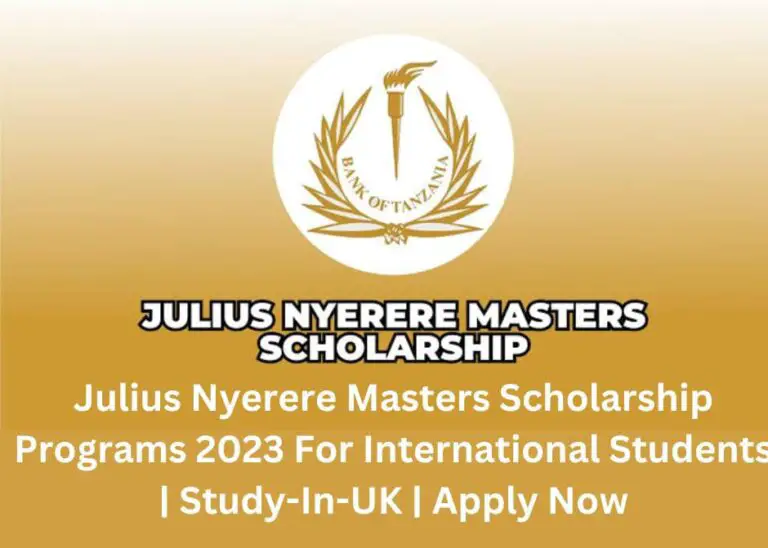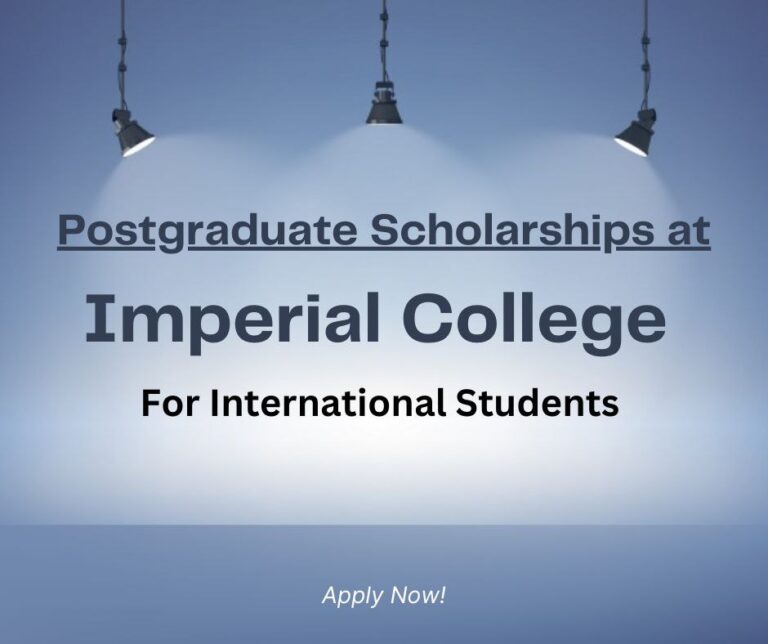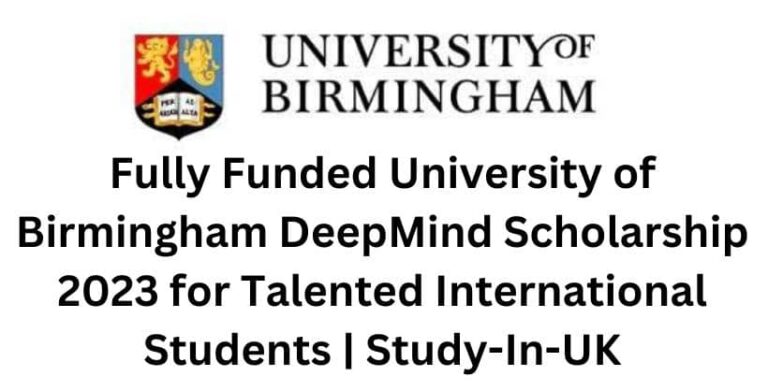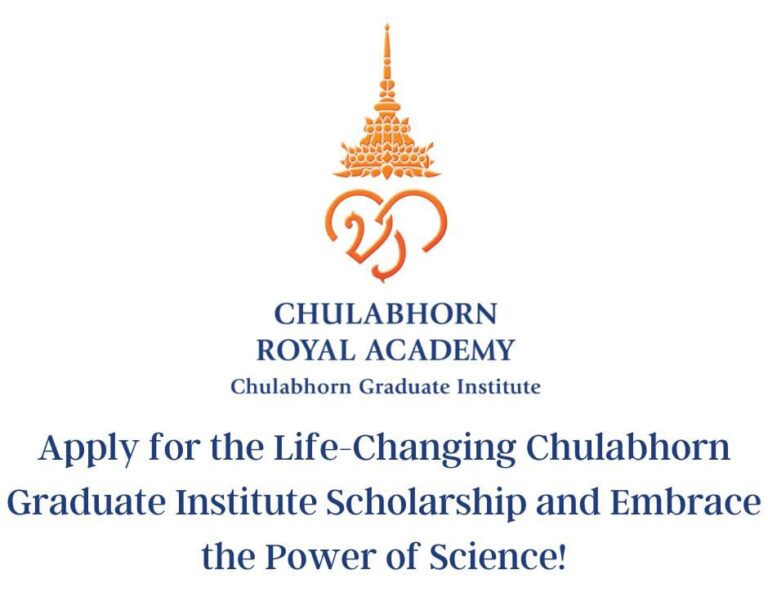Joint UNU, University of Bonn Scholarship, 2022/2023 (Fully)
Overview
The main purpose of the two-year Master of Science programme is to provide postgraduate students with detailed knowledge, critical understanding, strategies and the tools required to take an interdisciplinary approach towards environmental risks and human security.
The Master’s programme addresses theoretical and methodological debates in geography to better understand the complex emergence of environmental risks and natural hazards, their implications for human-nature relations (vulnerability, resilience, adaptation) and how to deal with them in practice.
As a joint programme offered by the Department of Geography at the University of Bonn and the United Nations University in Bonn, the course provides a unique combination of advanced conceptual and applied engagements within the field of environmental risks and human security in an international context.
Fields of expertise include Vulnerability Assessment, Ecosystem Services, Sustainable Development, Disaster Management, Climate Change Adaptation, Human-Nature Relationships, Science & Technology Studies, Development Geography, Geomorphology, Socio-Hydrology, Future Studies, GIS and Remote Sensing.
The Programme consists of 12 modules, of which ten are taught in the first three semesters followed by a compulsory internship and the independent work on the Master’s thesis. An internship of at least eight weeks is a compulsory part of the programme.
Since its launch in October 2013, a total of 187 students from 45 different countries have been studying within the programme.
The programme’s primary goals are:
Theoretical and methodological expertise in the field of environmental risks and human security combined with practical experiences
Strong focus on developing countries/ the “Global South”
Intercultural and interdisciplinary learning environment
Possibility to engage in ongoing research projects at both institutions
Close cooperation with the UN system & international organizations
The Master’s programme offers great visibility and exposure to international organizations, federal agencies, academic and non-academic research organizations, as well as private companies and corporations involved in disaster risk reduction and preparedness, humanitarian aid, international relations, research on climate change, food security, spatial planning, and policy. Career opportunities may be pursued in all of these areas depending on individual interest and professional goals.
Requirements For Application
Applicants must possess a first higher education qualification (Bachelor’s degree or equivalent) in Geography or a related/relevant academic field. Out of all achieved academic performances (Bachelor’s, Master’s, additional coursework, etc.) the majority of attended courses (as reflected in your transcripts) must be related to the three following areas:
Human Geography and Social Sciences with a focus on spatial patterns, society, development;
Science methodology and empirical research methods;
Physical Geography, Geosciences and Environmental Sciences with a focus on Earth System Science
A strong motivation to contribute to the area of human security and management of risks related to environmental change is a prerequisite to study in this Master’s Programme. Applicants should be highly motivated to learn in a multicultural and interdisciplinary environment.
All applicants need to provide proof of their English language proficiency, except for native speakers from countries specified hereafter: Australia, Canada, Republic of Ireland, New Zealand, United Kingdom, and the United States
The international MSc Programme is taught equally by members of staff from the Department of Geography at the University of Bonn and researchers from the Institute for Environment and Human Security at the United Nations University. Fields of expertise include Vulnerability Assessment, Ecosystem Services, Sustainable Development, Disaster Management, Climate Change Adaptation, Human-Nature Relationships, Science & Technology Studies, Development Geography, Geomorphology, Socio-Hydrology, Future Studies, GIS and Remote Sensing.
The Programme consists of 12 modules, of which ten are taught in the first three semesters, followed by a compulsory internship and the independent work on the Master’s thesis. An internship of at least eight weeks is a compulsory part of the programme.
Fields of study include:
Geographical approaches to risk, vulnerability and resilience
New approaches to development geography
Earth system science
Qualitative & Quantitative Methods, as well as GIS & Remote Sensing
Social-ecological systems, Risk & Technology
Risk management and governance, forecast & prediction
Disaster management, disaster risk reduction (DRR) and humanitarian response
Application closes on the 15th December, 2022
Send your application by clicking on the link below
International Joint MSc Programme: Geography of Environmental Risks and Human Security








My name is Ebere Daniel. I am hailed from Nigeria. I dropped out from school due to financial difficulties and find this as a divine opportunity to enable me continue from where I stopped. I am open to opportunities to study and add to my experience.
I promise to abide all rules and regulations relating to this opportunity, providing all the necessary documents required as may be required by me.
Thank you.
Interested
Am interested
Hope to get the scholarship and study psychology
Fruitfulness years